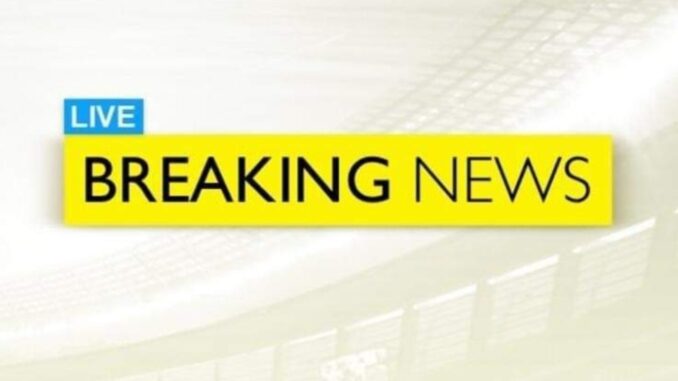Manchester United’s winger Amad found himself at the center of controversy during their match against Arsenal when he was denied a penalty after a clash with Thomas Partey. The incident occurred during a period when United was showing promise against the Gunners, although they eventually fell behind with Leandro Trossard scoring for Arsenal from a Kai Havertz assist in front of the Stretford End.
Amad’s attempt to regain parity for United involved cutting inside from the right flank and then going down under the challenge from Partey. Initially, it seemed that the contact took place inside the penalty area, raising hopes for a penalty kick for United. However, upon closer inspection through replays, the situation appeared to be more nuanced, with the contact possibly occurring on the edge of the box.
Referee Paul Tierney decided against awarding a penalty, and this decision was upheld after a VAR review. Despite this, former Manchester United player Gary Neville believed that the situation was not as straightforward as it seemed. He pointed out Partey’s position on the ground and the movement of his leg during the challenge, suggesting there might have been enough ambiguity to warrant a penalty.
Neville’s analysis highlighted the fine margins and subjective nature of such decisions in football. While some observers, like Neville, saw potential grounds for a penalty due to the contact initiated by Amad, others, including referee Paul Tierney and VAR official John Brooks, judged that the incident did not merit a penalty kick.
Dean, another commentator, supported the decision by emphasizing that Amad had stepped on Partey’s foot, which contributed to the contact. This interpretation aligned with the match officials’ assessment that there wasn’t sufficient evidence to overturn the on-field decision.
The debate around this penalty incident underscores the complexities involved in refereeing decisions and the role of VAR in modern football. Such moments can significantly impact the course of a match, and interpretations can vary widely among pundits, players, and fans. Ultimately, in this instance, the decision not to award a penalty stood, leaving Manchester United disappointed but highlighting the ongoing discussions around fair play and officiating standards in football.
